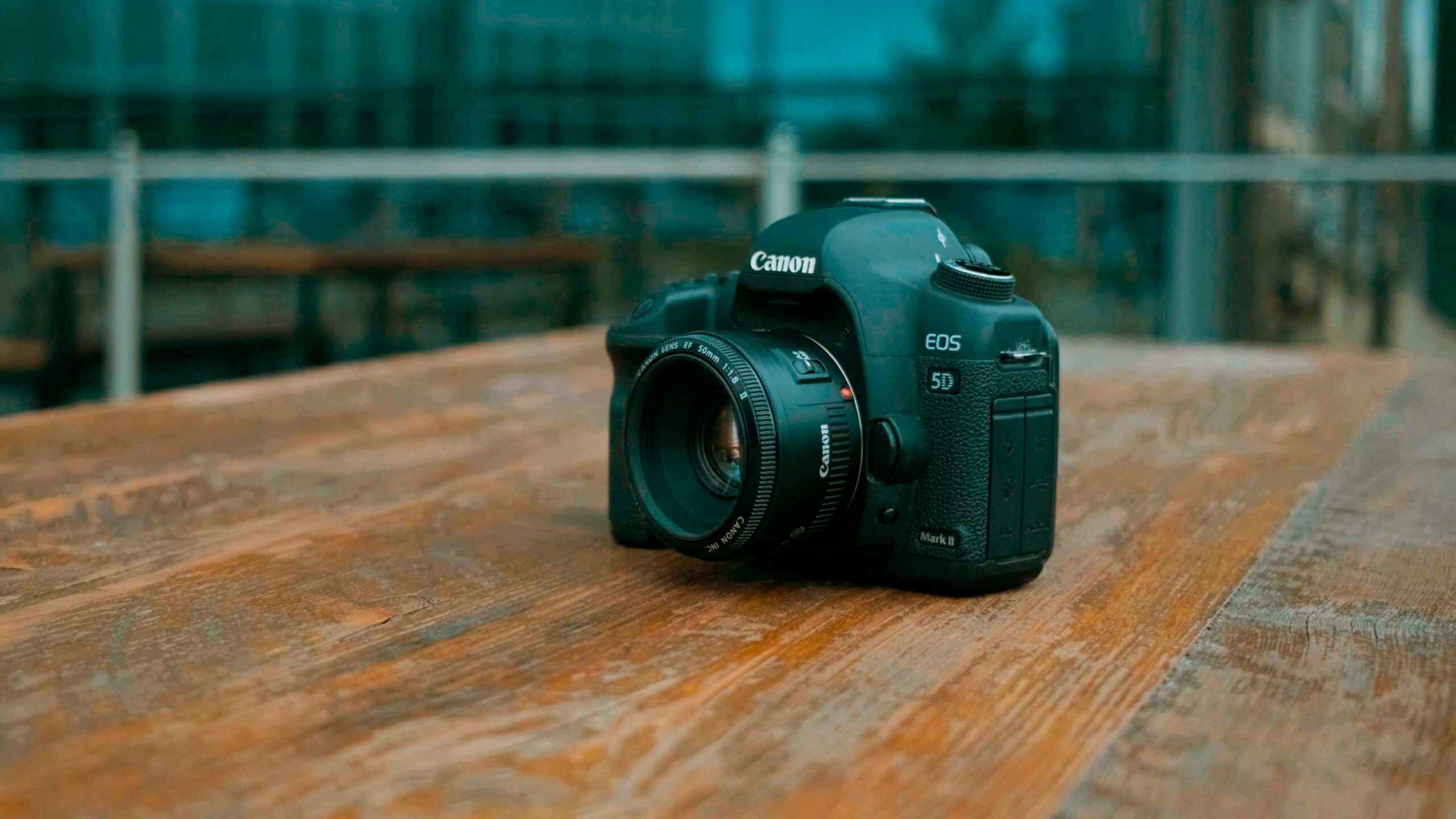

That measurement gives you an idea of the lens’s field of view and thus the magnification of the scene. You’ll find any lens’s focal length expressed as a distance in millimeters. If you don’t shoot with a Canon camera but still want to invest in some great starter lenses, take a look at our lens guides for Nikon and Sony E-Mount bodies. If you try to use an EF-S lens on a full-frame body, you may damage your camera. These lenses extend farther into the camera body than the EF lenses designed for your camera. One important note for anyone with a full-frame camera, such as Canon’s EOS 6D Mark II: Never mount an EF-S lens on your camera body.
CRAIGSLIST CANON 6D USED FOR SALE UPGRADE
Or for a kit lens upgrade for APS-C bodies, go with the Sigma 18-35mm f/1.8 DC HSM. If macro is your thing, start with the Tamron AF 90mm f/2.8 Di SP. We recommend starting with the Canon EF 70-200mm f/4L as your telephoto and, if you have an APS-C body, the Canon EF-S 10-18mm f/4.5-5.6 for a wide-angle option.

To take your photography to the next level, you’ll want to begin building your arsenal of lenses. Wide-aperture prime lenses are a great way to achieve photos with a sharp subject and blurred background and they get great shots indoors or outdoors, day or night. If your budget allows for only a single lens, we think the compact Canon EF 50mm f/1.8 is the best starting point for most people.

This guide will point you in the right direction for filling your camera bag with excellent glass that’s supremely affordable. If you want to shoot in lower light, with a wider viewpoint, or up closer, you’ll need to invest in new lenses. Your camera body likely came with a kit lens, probably the Canon EF-S 18-55mm f/3.5-5.6 if you have an APS-C format body, or the Canon EF 24-105mm f/3.5-5.6 if you have a full-frame body either one is a sufficient everyday zoom lens for learning the ins and outs of your camera, but you’ll quickly outgrow it. We’ve been recommending Canon lenses since 2012, and after hours of research and testing, as well as interviewing three leading lens experts, we’ve picked out the four best lenses for a new photographer who is ready to improve.Īcquiring lenses is the natural next step toward harnessing the power of your Canon. If you want more options than your kit lens can offer, you’re probably asking yourself where to start. Congratulations on buying your first Canon DSLR.


 0 kommentar(er)
0 kommentar(er)
